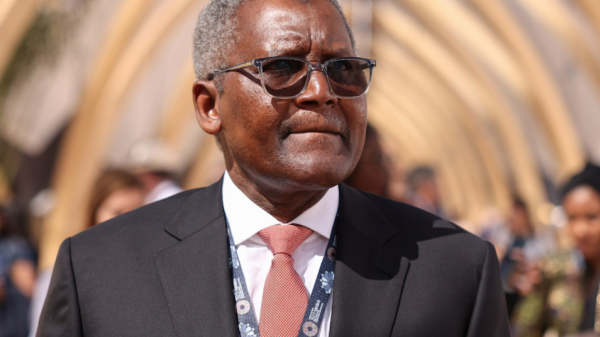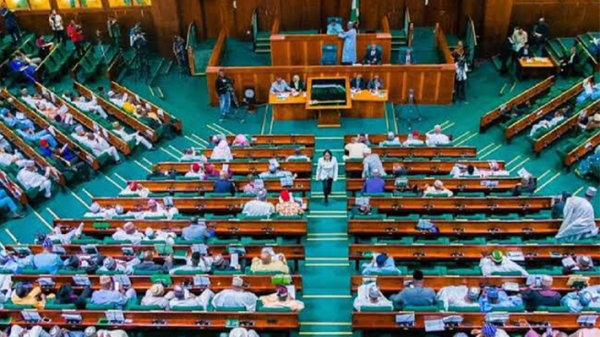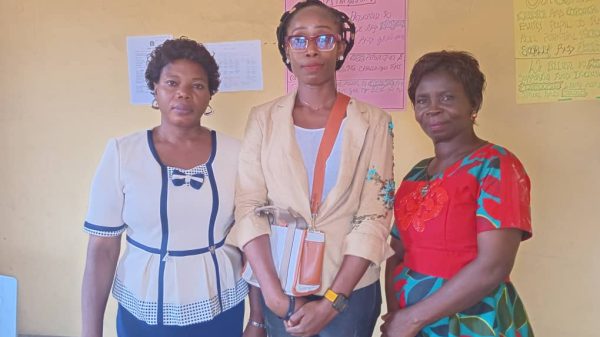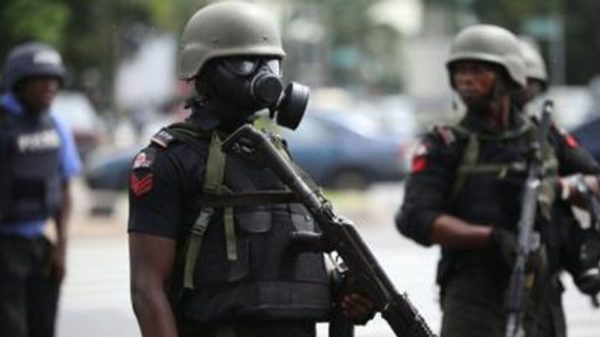The ongoing crisis in Cameroon’s North West Region has significantly impacted the education sector, resulting in school closures, decreased enrollment, and increased dropout rates. The conflict has led to a violation of children’s right to education, with many schools being targeted by armed separatist groups.
According to UNICEF, over 4,000 schools have been closed in the North West Region, affecting approximately 500,000 children. The crisis has led to significant learning losses, with many children missing months or even years of schooling.
The conflict has also had a disproportionate impact on girls’ education, with girls being more likely to drop out of school due to safety concerns and early marriage. The crisis has led to a 45% increase in teenage pregnancies in the region.
The Cameroonian government has implemented various policy responses to address the impact of the crisis on education, including the provision of alternative learning spaces and the training of teachers in psychosocial support. However, these efforts have been hampered by the ongoing violence and instability in the region.
The crisis has led to a high level of teacher absenteeism, with many teachers fleeing the region due to safety concerns. Armed groups have targeted schools and education personnel, leading to a climate of fear and insecurity in the region.
The protection of children, both in and out of school, is a priority. Children attending school face security threats, including attacks, harassment, and kidnapping, while children out of school face risks such as sexual violence, child labor, and forced recruitment.
The crisis has also led to an increase in child labor, with many children engaging in harmful activities to support themselves and their families. The lack of access to education has also led to an increase in teenage drug use and suicide.
The international community must support efforts to address the impact of the crisis on education in the North West Region. This includes providing funding for alternative learning spaces, training teachers, and supporting initiatives to promote girls’ education.
The government of Cameroon must also take steps to address the root causes of the crisis and ensure that the right to education is respected. This includes engaging in dialogue with armed groups and addressing the grievances of the Anglophone community.
The protection of children’s right to education is essential for the development of the region and the country as a whole. It is imperative that all stakeholders work together to ensure that children in the North West Region have access to quality education and are protected from the harmful effects of the crisis.






































































































